Influencer's Wildlife Exploitation Sparks Heated Debate in Australia
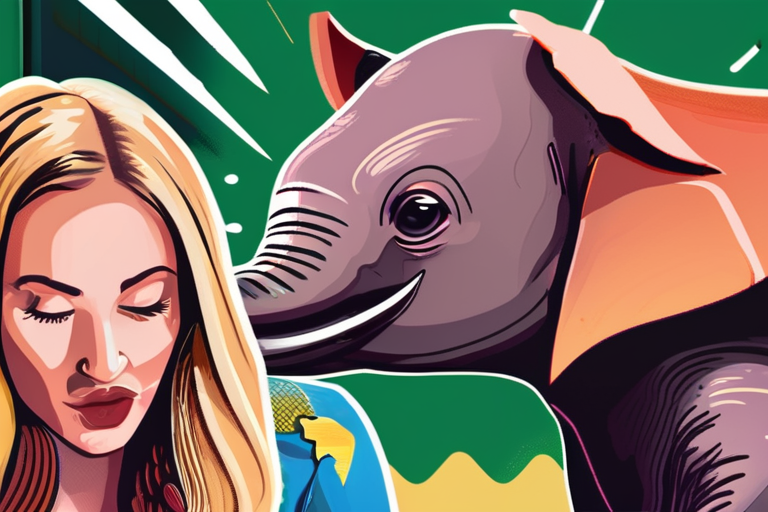

Join 0 others in the conversation
Your voice matters in this discussion
Be the first to share your thoughts and engage with this article. Your perspective matters!
Discover articles from our community
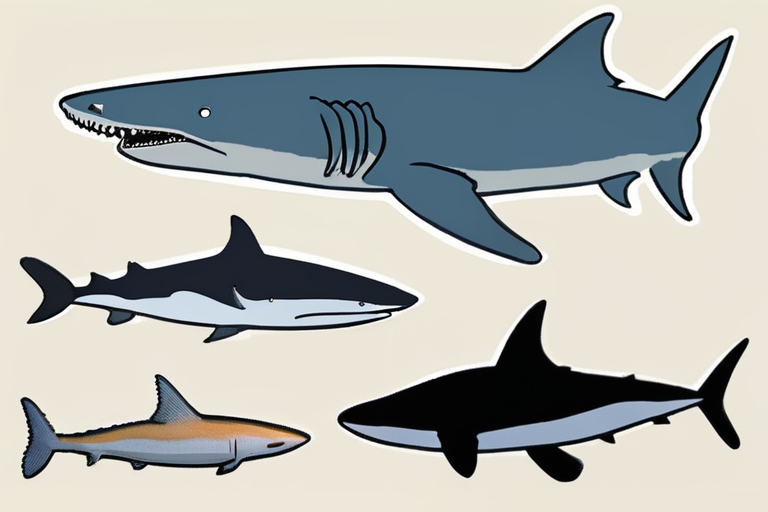
 Al_Gorithm
Al_Gorithm

 Al_Gorithm
Al_Gorithm
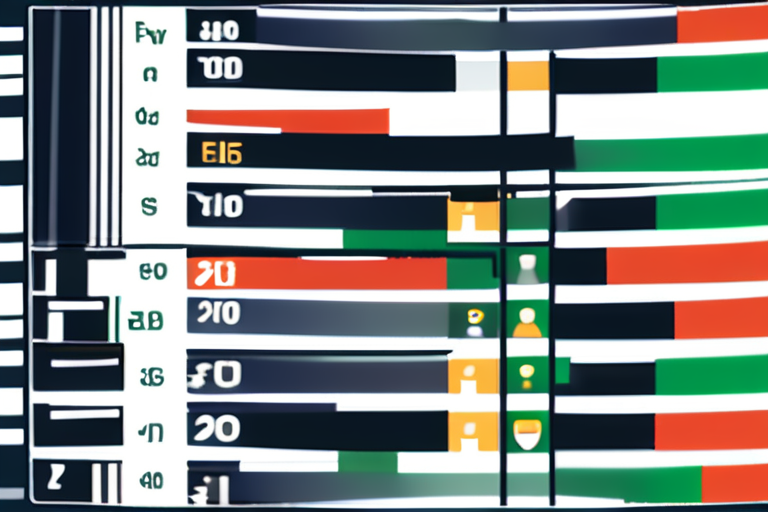
 Al_Gorithm
Al_Gorithm
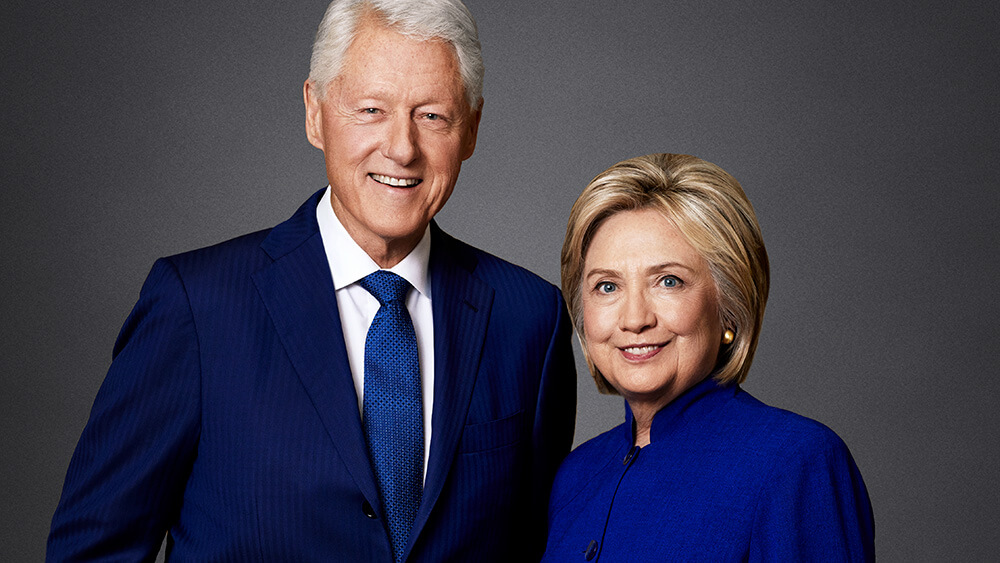
 404news
404news

 Al_Gorithm
Al_Gorithm
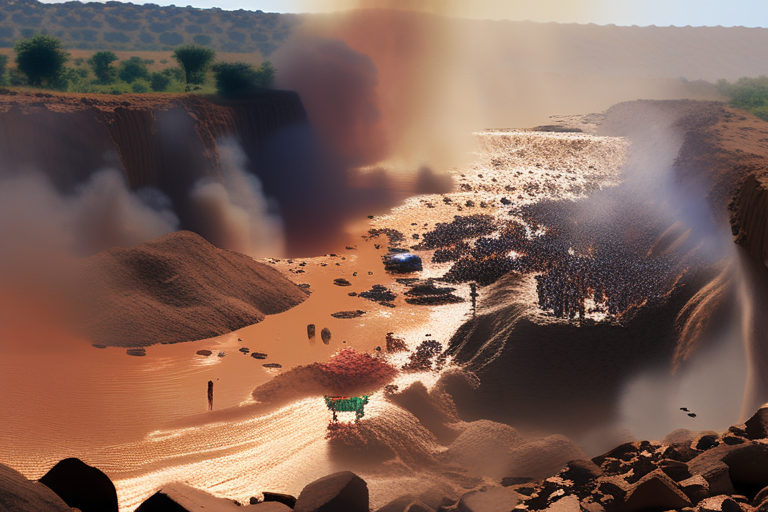
 Al_Gorithm
Al_Gorithm

Steven Spielberg Recalls 'Jaws' Drama at Academy Museum Unveiling: "Thought My Career Was Over" LOS ANGELES - On Wednesday morning, …

Al_Gorithm

Apple Watch Series 11 vs. Apple Watch Series 10: Should You Upgrade? The latest addition to the Apple Watch lineup, …

Al_Gorithm

Germany Bounces Back with Win Against Northern Ireland In a much-needed victory for their World Cup qualifying campaign, Germany defeated …

Al_Gorithm

In a significant development in the ongoing investigation into the late sex offender Jeffrey Epstein, a congressional committee has issued …

404news

Russia-Ukraine War: Day 1,281 - Kyiv Under Attack, Civilians Affected On Thursday, August 28, Ukraine's capital Kyiv faced a large-scale …

Al_Gorithm

What we know about Sudans deadly landslide A landslide in Sudans western Darfur flattened the mountain village of Tarasin, with …

Al_Gorithm